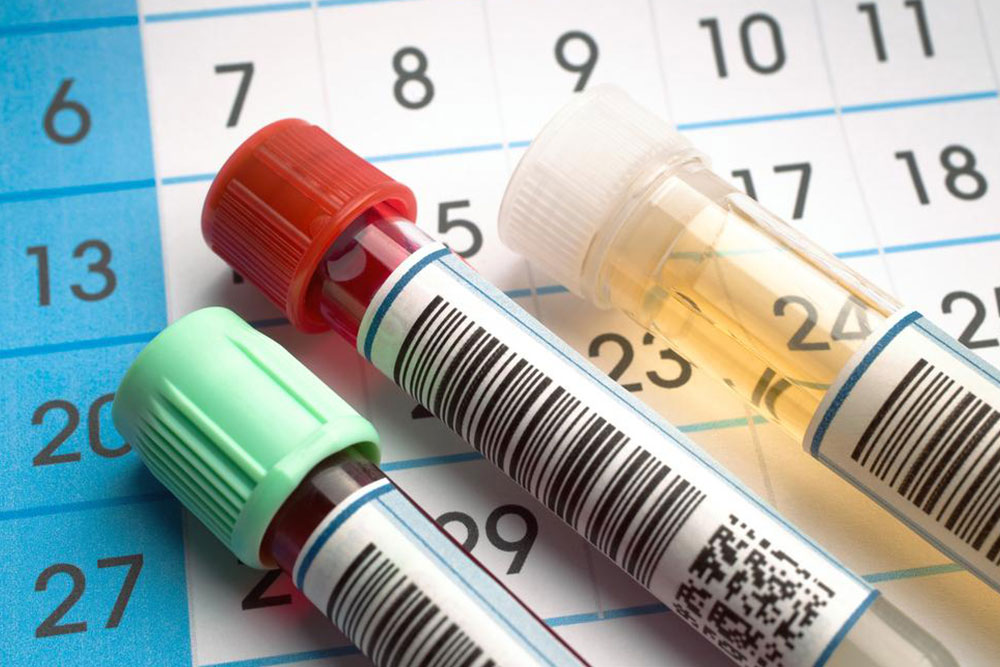Understanding Hematuria: Causes, Symptoms, and Treatment
Hematuria, or blood in urine, can indicate minor issues or serious health problems. This guide explains its causes, symptoms, risk factors, and the importance of prompt medical evaluation. Early diagnosis and treatment are crucial for effective management, especially when underlying conditions like infections or diseases are involved. Recognizing symptoms and seeking immediate care can prevent complications and ensure proper health outcomes.
Sponsored

Comprehensive Guide to Blood in Urine
Detecting blood in your urine, medically known as hematuria, can sometimes be alarming. While it may indicate minor issues, it could also signal serious health conditions requiring prompt medical evaluation. Hematuria is categorized as either gross, where blood is visible to the naked eye, or microscopic, where blood is only detectable under a microscope. This symptom generally originates from the kidneys or other parts of the urinary system.
Sources of Blood in Urine
The primary source is the kidneys, which produce urine.
It can also stem from the ureters, connecting the kidneys to the bladder.
The bladder itself may be the origin of bleeding.
Blood may also originate from the urethra, the channel through which urine exits.
Common Symptoms Accompanying Hematuria
Urine may appear pink, red, brownish-red, or tea-colored instead of the usual yellow.
Hematuria can be classified as gross if blood is visibly present or microscopic if only detectable via laboratory analysis. It may be associated with urinary tract infections, causing discomfort or burning during urination, especially in adults. In infants, it can lead to fever, poor sleep, or feeding difficulties.
Individuals at Higher Risk of Hematuria
People with a family history of kidney diseases.
Men experiencing prostate enlargement.
Individuals prone to kidney stones.
Those taking blood thinners, pain relievers, or antibiotics.
Recent infections increasing susceptibility.
Potential Causes of Hematuria
Menstruation, intense physical activity, sexual activity, injuries, or urinary tract infections.
Serious conditions like kidney or bladder cancer, kidney swelling, prostate issues, polycystic kidney disease, blood clots, or infectious diseases.
Steps to Take if You Notice Blood in Your Urine
Seek medical attention promptly, especially if not related to menstruation, recent injury, or sexual activity.
Early diagnosis aids in identifying the cause and initiating effective treatment.
If an infection is suspected, your doctor may prescribe antibiotics.
Diagnostic tests, including urine analysis, will help determine the underlying issue.
Follow-up and further assessment will guide treatment plans.
Always consult a healthcare professional immediately upon noticing hematuria. It could be benign or a sign of a serious condition requiring prompt intervention.






